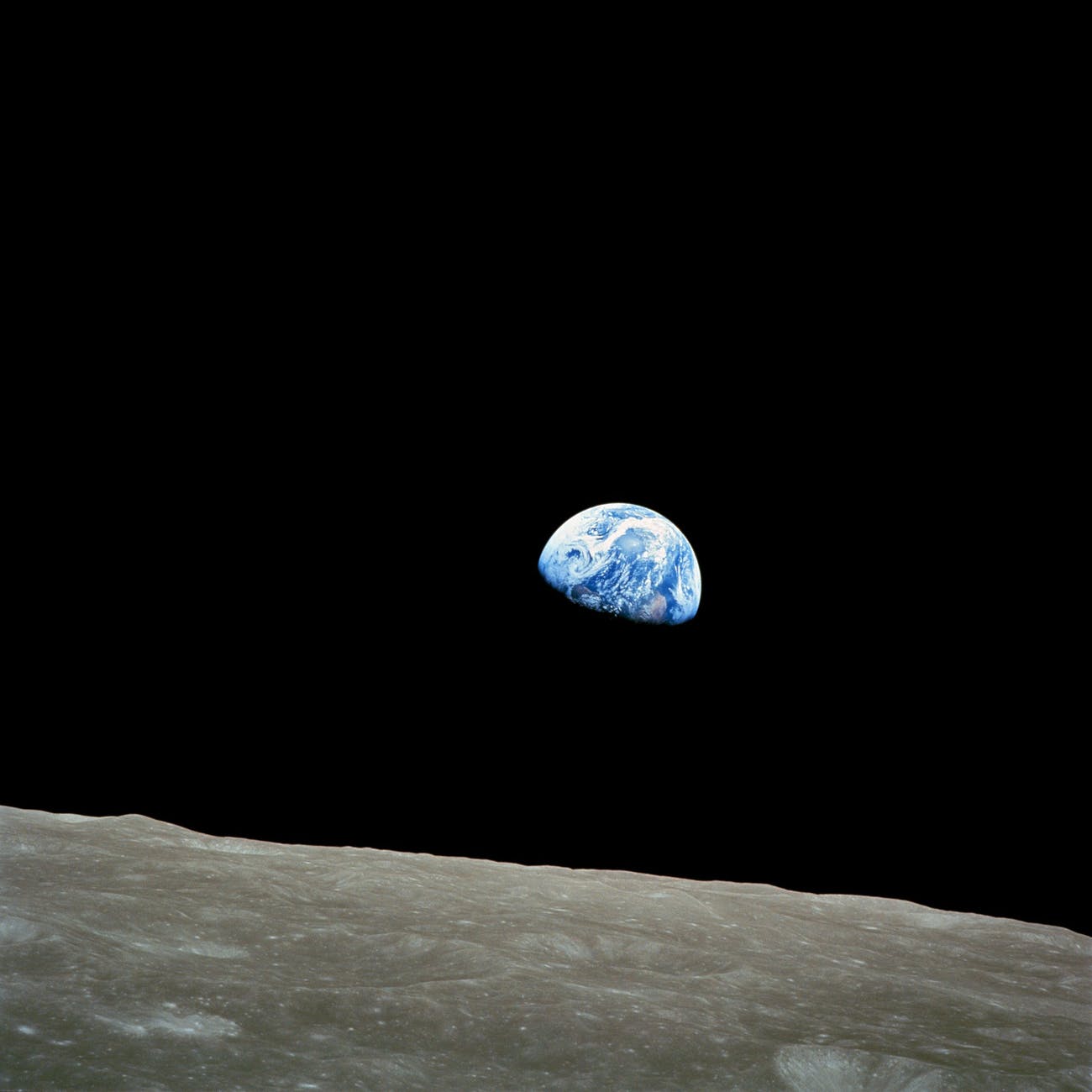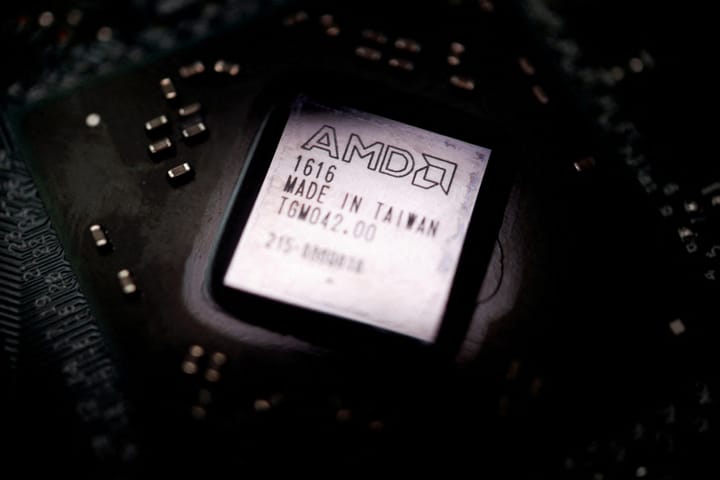Who’s winning the space race?

A few minutes every morning is all you need.
Stay up to date on the world's Headlines and Human Stories. It's fun, it's factual, it's fluff-free.
Who started the space race?
The first space race began in the mid 20th century between the United States and the Soviet Union (USSR) as an offshoot of the Cold War. This race was a series of competitive technological advancements between the two, and it began with the Soviet Union’s launch of its satellite (and the first-ever satellite to orbit the earth), Sputnik 1, on October 4, 1957.
Less than a month later, the Soviet Union launched a second satellite, Sputnik 2, carrying a part-Samoyed terrier named Laika (Barker, in English). It was 1958 before the US had their first space race achievement with the satellite Explorer 1 and announced their plan to send humans into space.
For much of the first half of this space race, the Soviet Union was considered to be winning. Soviet engineers accomplished many of the earth’s firsts in this new field of space exploration. These accomplishments include Luna 1, the first mission that left Earth’s orbit; Luna 2, the first probe that reached the moon and the successful flight of the first human in space, Yuri Gagarin, on April 12 of 1961.
America’s first man in space, Alan Shepard, came less than a month after Yuri Gagarin. The next few years gave victories to both the US and the Soviet Union before NASA’s Apollo program began. Both the Americans and Soviets encountered disasters while attempting to explore space, but this first space race peaked when Neil Armstrong and Buzz Aldrin walked on the Moon’s surface on July 20, 1969.
Who played a part in the space race?
When the space race began, it simply had two players: the US and the Soviet Union. Since the beginning, however, there have been new developments in technology and new candidates joining the race.
Today, the major players of the continuous race of space travel and exploration technology are China, India, the US and Russia (which gained the majority of the USSR’s space technology when it collapsed).
Since around the 1970s, there has been an increase in the technological advancements of China and India. China especially has seen spectacular advances and successfully launched a man into space in 2003, a feat that only the US and USSR had accomplished previously.
Who won the space race and why?
While the question of who started the space race can be easily answered, determining who won the space race and why is trickier. Arguably the space race never ended, so no one has won. While many people would remark that the space race ended in 1969 when Neil Armstrong and Buzz Aldrin walked on the Moon’s surface, the US and the Soviet Union/Russia didn’t stop advancing.
Since the moon landing, more countries, primarily in Asia, have been advancing their space programs. While it is not possible to definitively say who has won the space race or why a country has won, it’s possible to keep an eye on upcoming technological advancements from any country attempting to expand its space exploration.
Consequences of the space race
There have been both good and bad consequences of the space race since it began. However, many wonder about the implications of the race and what would happen if a country won. Since the beginning of the race, there has been no clear definition of what “winning” the space race means. All players involved continue to make advancements for their own countries; as a collective planet, the earth continues to make more advancements into space exploration.
If the definition of winning the space race is decided, the winner could gain control over all of earth’s space exploration. Furthermore, if a winner is declared, there is a possibility of a militarized space program. With the current launching of spy satellites, along with the US’ published military space doctrines, any country that “won” the space race could begin a process of militarizing space.
How did the space race influence the media?
The space race has had a heavy impact on media, like television. TV shows like “Star Trek” and recent films like “The Martian" have been influenced by the progress and hardships faced in the quest for space travel and exploration.
The Space Race has also influenced the way we consume media today. Today, satellites sent into Earth’s orbit provide constant access to media and communication. These satellites also help to more accurately track and predict the weather and the earth’s climate and provide GPS tracking.
What’s next? “Surviving Mars: Space Race"
Along with other space race influences to the media, some video games now highlight the more complex space race we are experiencing. Games such as “Surviving Mars: Space Race” are available on many different platforms and focus on Earth’s countries and companies competing against each other to colonize and survive on planet Mars.
Games like this introduce the possibility of more militaristic space programs and touch on the importance of powerful companies in today’s space exploration. Jeff Bezos and Elon Musk are both powerful business moguls on a quest to build their space exploration technologies. Jeff Bezos, the founder of Amazon.com, Inc., flew to the edge of space in July 2021 in a spacecraft made by his own Aerospace company, Blue Origin LLC.
Elon Musk, the chief executive officer of Tesla Inc., founded Space Exploration Technologies Corp., or more commonly known as SpaceX. SpaceX is a space exploration corporation building technology to bring humans to Mars. Musk has shared that he aims to bring humans to Mars by 2026. The space race will continue with many countries making technological advancements and CEOs like Musk and Bezos joining the race.
Have a tip or story? Get in touch with our reporters at tips@themilsource.com




Comments ()